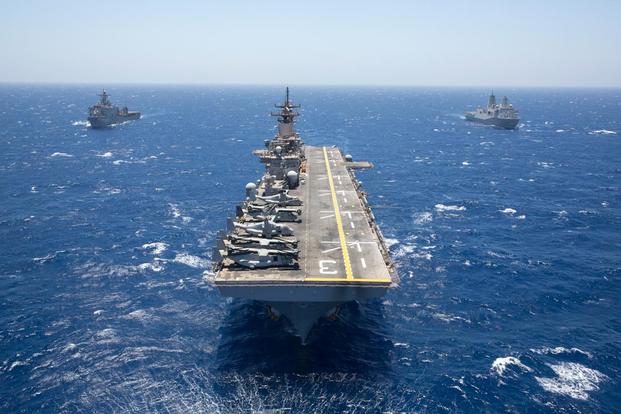The Continental Congress's resolution to procure two armed vessels, adopted in Philadelphia, Pennsylvania, on 13 October 1775, was the original legislation out of which the Continental Navy grew. Within a few days of that vote, Congress established a Naval Committee, which directed the purchasing, outfitting, manning, and operations of the first ships of the new Navy, drafted naval legislation, and prepared rules and regulations to govern the Navy's conduct and internal administration. Philadelphia was also the port where the purchase and outfitting of the first four vessels of the Continental Navy took place.
Because the Continental Navy began in Philadelphia on 13 October 1775, the Navy claims that date as its birthday. A logical corollary would be to recognize Philadelphia as the Navy's birthplace. The Navy, however, also honors the significant naval roles that many other towns played in the American Revolution and does not recognize any as its sole place of origin.
Several localities, in addition to Philadelphia, claim the title "birthplace of the Navy." Machias, Maine, points to the seizing of the Royal Navy schooner Margaretta by a small sloop armed with woodsmen on 12 June 1775.
Providence, Rhode Island, asserts its title as the site of the first call for the establishment of a Navy. Beverly and Marblehead, Massachusetts, base their claim on their role in fitting out and manning the small fleet of schooners George Washington employed in the autumn and winter of 1775 to prey on enemy transports. The claim of Whitehall, New York, is based on naval and amphibious operations on Lake Champlain undertaken by the Continental Army under the command of Benedict Arnold. It should be noted that Washington's and Arnold's operations were manned and officered entirely under the authority of the Continental Army. There was no institutional continuity between Washington's or of Arnold's command and the Continental Navy, established as a separate institution by the Continental Congress. The United States Navy considers its beginnings to have been the Continental Navy, not the Continental Army.
Unquestionably the contributions of all of these as well as of other towns to the commencement of naval operations in the American Revolution deserve recognition in any naval history of our country. Perhaps it would be historically accurate to say that America's Navy had many "birthplaces."





